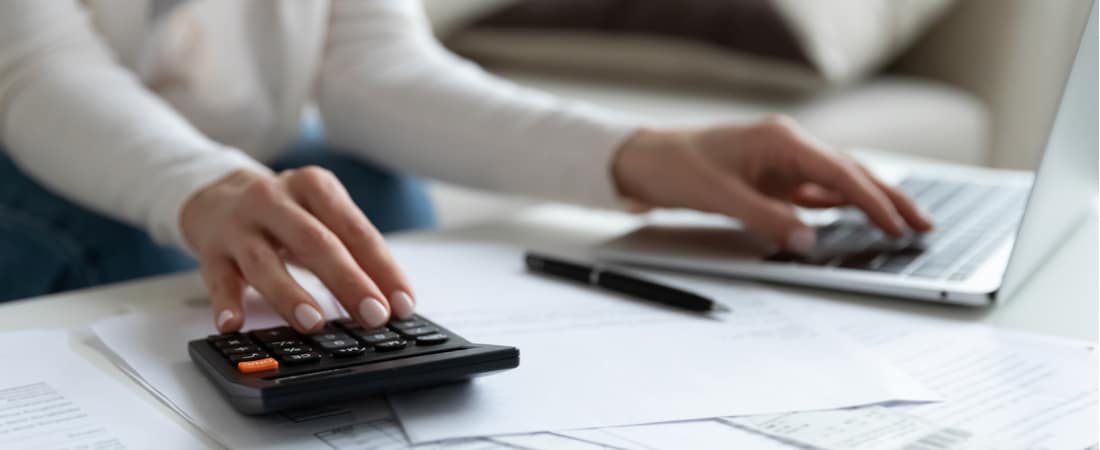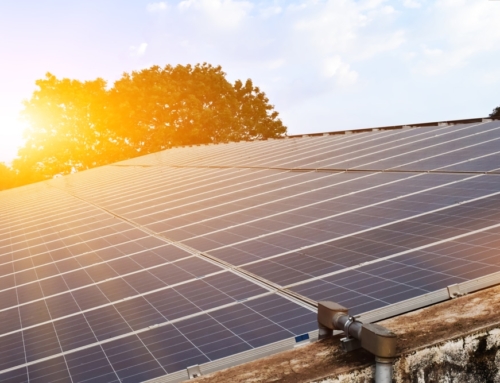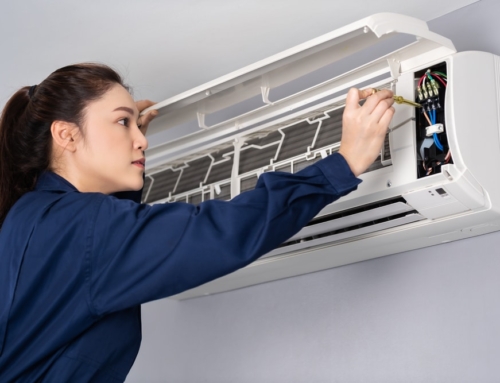Managing your personal finances during COVID-19. How those who are struggling can utilize COVID-19 relief programs and prioritize bill payments.
The economic fallout from the coronavirus pandemic is putting an unprecedented strain on Americans’ finances.
Half of those who were laid off due to COVID-19 remain unemployed and most workers who lost wages are still earning less, according to the latest report by the Pew Research Center. One-in-four Americans say they’ve had trouble paying their bills, a third have dipped into their savings or retirement accounts and about one-in-six have borrowed money or visited a food bank.
These numbers are nothing short of astonishing, but it gets worse. Another survey, this time by Clever Real Estate, found that 24 percent of Americans have either missed or deferred a mortgage or rent payment during the COVID-19 pandemic. Just 16 percent of homeowners and 15 percent of renters have paid back their missed payments. Nearly half of homeowners still owe at least $2,000 in deferred mortgage payments and 18 percent owe at least $5,000. On top of all of that bad news, 74 percent of renters and 50 percent of homeowners report that they’ll run out of emergency savings in 2020.
“Unfortunately, the coronavirus pandemic isn’t over yet, and it’s clear that we’ll be dealing with its economic impact for years to come,” notes Ilyce Glink, CEO of the award-winning financial wellness technology company, Best Money Moves. “It’s important Americans carefully manage their finances during this time of uncertainty and utilize any COVID-19 relief programs they might be eligible for in order to stay afloat during this period of economic instability.”
Managing Your Personal Finances During COVID-19
The first step to managing your personal finances during COVID-19 or other times of economic uncertainty is to reassess your financial priorities.
“One of the hardest parts of any recession — not to mention a global pandemic — is not knowing what comes next and when things will get better for you personally. That’s why it’s so important to be really clear about where you stand financially,” Glink adds.
Key Questions to Ask
Glink recommends you ask yourself some key questions to help assess your financial situation:
- How much cash do you have on hand?
- How much cash can you get your hands on quickly, if you need it? Do you have any assets you can rent or sell to raise cash? Can you borrow money?
- How much debt do you currently have (credit cards, student loans, etc.)?
- How much are your basic monthly living expenses, including food, shelter, health insurance, transportation, childcare? Can you scrape together enough cash to cover these? If not, are there ways to lower these expenses, say by moving in with a friend or relative?
- Are there any expenses that can be deferred? (Vacations where you travel, for example, are an example of an expense that can be put off for another time.)
- Do you have any major life events (weddings, a baby, retirement) coming up with significant expenses attached? Can you plan for these or defer them until you’re more financially stable?
- Do you have any outstanding 401k loans that will need to be repaid if you lose your job?
- And, can you, or someone in your household, bring in more income?
These questions can help you understand what you’re spending today, help you anticipate your needs over the next six months to a year, and figure out how you’re going to manage your expenses while you get back on your feet financially.
As you’re assessing your budget, you’ll want to pay close attention to your emergency savings fund. It’s recommended that you have three to six months worth of living expenses set aside as emergency savings, especially in times like these, where you or someone in your household may have lost a job or taken a pay cut, or if you experience some other financial catastrophe.
Prioritizing Debt Repayment During the COVID-19 Pandemic
If you or a family member has experienced a loss of income, you may not be able to pay every bill on time or in full every month, which will have an impact on your credit score.
“While normally I’d suggest doing whatever you can to keep your credit score intact, that may not always be possible. Instead, you should prioritize how you pay your bills so the cash you have covers as many bills as possible,” Glink says.
How to Prioritize Debt Repayment
- Make sure you pay your rent or mortgage on time and in full. You don’t want to face foreclosure or getting evicted (which have been temporarily suspended for some homeowners and renters during the pandemic, but will soon be lifted).
- Make your car payment, especially if you need a car to get to work.
- If you’re facing an income reduction, contact your student debt lender (assuming you don’t have an automatic forbearance for most federal student loans in place through December 31, 2020) and ask for a hardship application, which should buy you a few months where you don’t have to make a payment.
- Make at least your minimum payment on your credit card, if possible. If not, contact your credit card company and try to work out a payment plan. (Just know if you do this, the creditor will likely freeze your credit card, which will prohibit you from charging anything else on the account.)
- While your medical debts are important, your health insurance will continue even if your medical bills grow. But if you buy your own health insurance, make sure you pay your premium on time so your policy isn’t canceled.
Whenever you start falling behind, reach out to creditors and lenders right away to ask for help, which could include making interest-only payments on your debt or putting payments into forbearance. If you wait until you’re a few months behind on payments before asking for help, you’ll have racked up late fees, might have a derogatory mark on your credit report and lenders might be more resistant to help.
Finding COVID-19 Relief Programs
The most important thing we’ve learned about COVID-19 relief is that you have to look for it. We’ve covered some of the most popular COVID-19 relief programs that emerged over the past six months (CARES Act, FFCRA, Homeowner Relief, Property Tax Relief) and Congress is working on a new COVID-19 relief bill right now, but there are a number of COVID-19 relief programs that operate on a much more local or niche level.
Find out if your local area has any COVID-19 community recovery initiatives you may be eligible for. Industry-specific COVID-19 relief might be available as well, for example, some COVID-19 relief funds have been set up to support artists or bar and restaurant workers. Some community organizations, food banks and places of worship have also stepped up to gather and distribute groceries and household supplies to residents who are struggling to make ends meet.
When times are tough you need to be resilient and resourceful. Manage your finances and prioritize your debt repayments as best you can during the coronavirus pandemic, but don’t hesitate to ask creditors for help or for more information about COVID-19 relief when you need it.
More on Topics Related to Managing Your Personal Finances During COVID-19
COVID-19: Unemployment and the Mounting Financial Crisis
Which Debt to Pay First When Improving Personal Finances
COVID-19 Scams: What to Look for in a COVID-19 Scam
How Will COVID-19 Impact Retirement Planning?
3 Tips for Financial Success in 2020







Leave A Comment